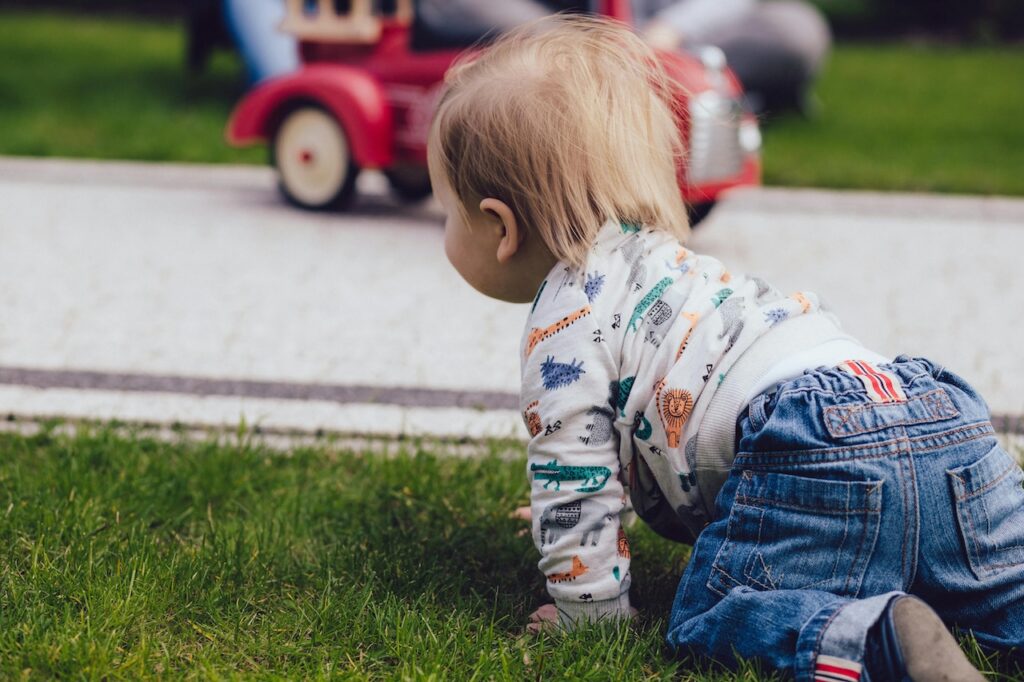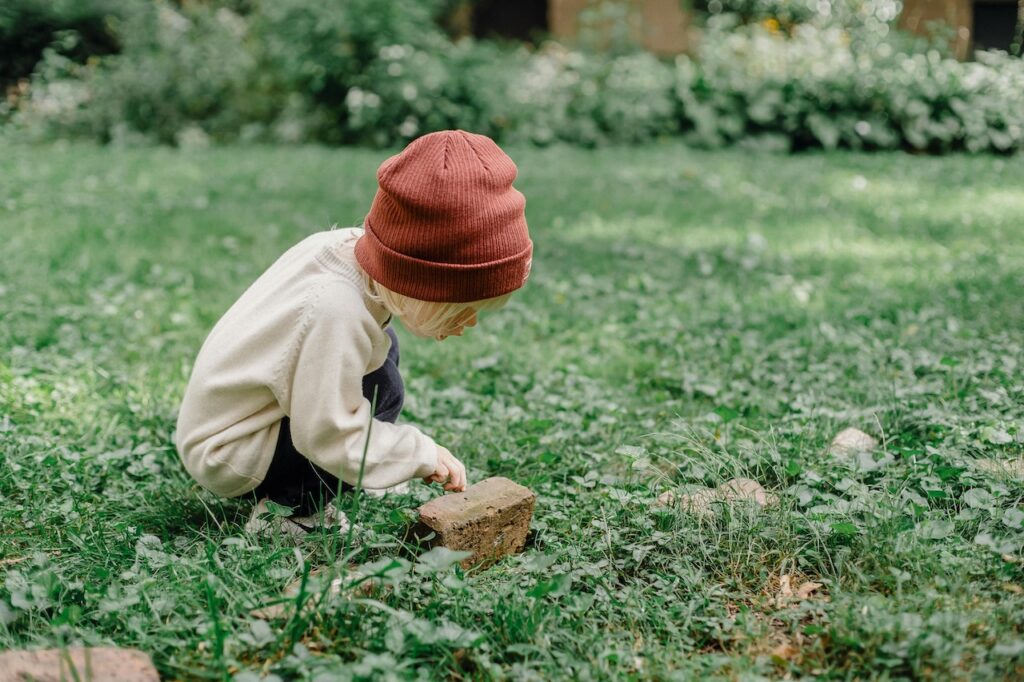In our increasingly digital world, it’s more important than ever to ensure that children spend ample time outdoors. The benefits of outdoor activities are numerous, spanning physical health, cognitive development, and emotional well-being. As parents, encouraging your child to embrace the outdoors can provide a foundation for a healthy, balanced lifestyle. Let’s delve into the various aspects of why outdoor time is essential for children and how it can be seamlessly integrated into daily routines.

The Health Benefits of Daily Outdoor Time
From a health perspective, spending time outside is crucial for children’s development. Exposure to natural sunlight helps their bodies produce vitamin D, which is essential for bone growth and immune function. Physical activities like running, jumping, and climbing are natural parts of outdoor play that promote cardiovascular health, muscle strength, and coordination. Unlike indoor environments, the outdoors provides endless space for children to move freely, helping to combat sedentary lifestyles that can lead to obesity and other health issues.
Furthermore, being outdoors can significantly boost a child’s mental health. Natural settings have a calming effect and can reduce stress and anxiety. The variety of stimuli found in nature—from the rustling of leaves to the chirping of birds—provides a sensory experience that indoor environments often lack. This sensory engagement is not only soothing but also vital for neurological development.

Learning About the World: Animals, People, and New Experiences
The outdoor environment is a rich learning landscape for babies and young children. When children play outside, they have the opportunity to encounter animals, interact with other children, and experience a variety of sounds and sights. This exposure is essential for developing their understanding of the world around them. For instance, observing animals like birds, squirrels, and insects can spark curiosity and teach children about different species and their behaviors.
Interactions with other children in parks or playgrounds are equally valuable. These social experiences help children develop communication skills, learn to share, and understand social cues. They also encounter diverse groups of people, which can foster inclusivity and empathy from a young age.
The myriad sounds of the outdoors, from the buzzing of bees to the distant hum of traffic, enhance auditory processing skills. Babies and toddlers learn to differentiate between these sounds, improving their listening skills and cognitive development. The natural environment is a dynamic classroom where every outing provides new lessons and discoveries.
Building a Routine: The Importance of Consistency
Incorporating outdoor play into your child’s daily routine is essential for establishing healthy habits. A consistent schedule helps children know what to expect, which can reduce resistance and increase enthusiasm for outdoor activities. Aim to spend at least 30 minutes to an hour outside every day, whether it’s a walk in the park, a visit to the playground, or simply playing in the backyard.
Routines that include outdoor time can also help regulate sleep patterns. Natural light exposure during the day helps maintain a healthy circadian rhythm, leading to better sleep at night. Regular outdoor activities also ensure that children expend energy, making them more likely to fall asleep quickly and sleep more soundly.
Exposure to New Activities and Social Interactions
Outdoor environments offer a wealth of opportunities for new activities and social interactions that are not possible indoors. Playgrounds provide a space for children to test their physical abilities on various equipment, while sandboxes offer sensory play that promotes fine motor skills and creativity. Encountering other children and animals, such as dogs, can teach valuable social lessons and build confidence.
Engaging in different outdoor activities also allows children to discover their interests and talents. They might enjoy climbing, running, or observing nature, each of which can lead to further exploration and skill development. Encouraging a range of outdoor activities helps children develop a well-rounded skill set and keeps them engaged and motivated.
When to Stay Indoors: Safety Considerations
While outdoor play is highly beneficial, there are times when it’s best to stay indoors. Extreme weather conditions, such as very high temperatures, heavy rain, or severe cold, can pose health risks. In such cases, ensure your child is dressed appropriately if they do go outside, and limit exposure to prevent issues like sunburn, heatstroke, or frostbite.
Air quality is another important consideration. On days when pollution levels are high or there are other environmental hazards, indoor activities are a safer option. Always check local weather and air quality reports to make informed decisions about outdoor play.
Safety also extends to the physical environment. Ensure that play areas are safe and well-maintained. Be vigilant about potential hazards such as broken equipment, sharp objects, or unsafe surfaces. Supervision is key to preventing accidents and ensuring that children have a safe and enjoyable experience outdoors.

The benefits of outdoor activities for children are vast, encompassing physical health, cognitive development, and emotional well-being. By making outdoor time a regular part of your child’s routine, you can help them develop healthy habits, learn about the world, and engage in enriching activities. While it’s important to be mindful of safety and environmental conditions, the advantages of spending time outdoors far outweigh the occasional need to stay inside. Embrace the outdoors with your children and watch them thrive in the natural world around them.

Leave a Reply